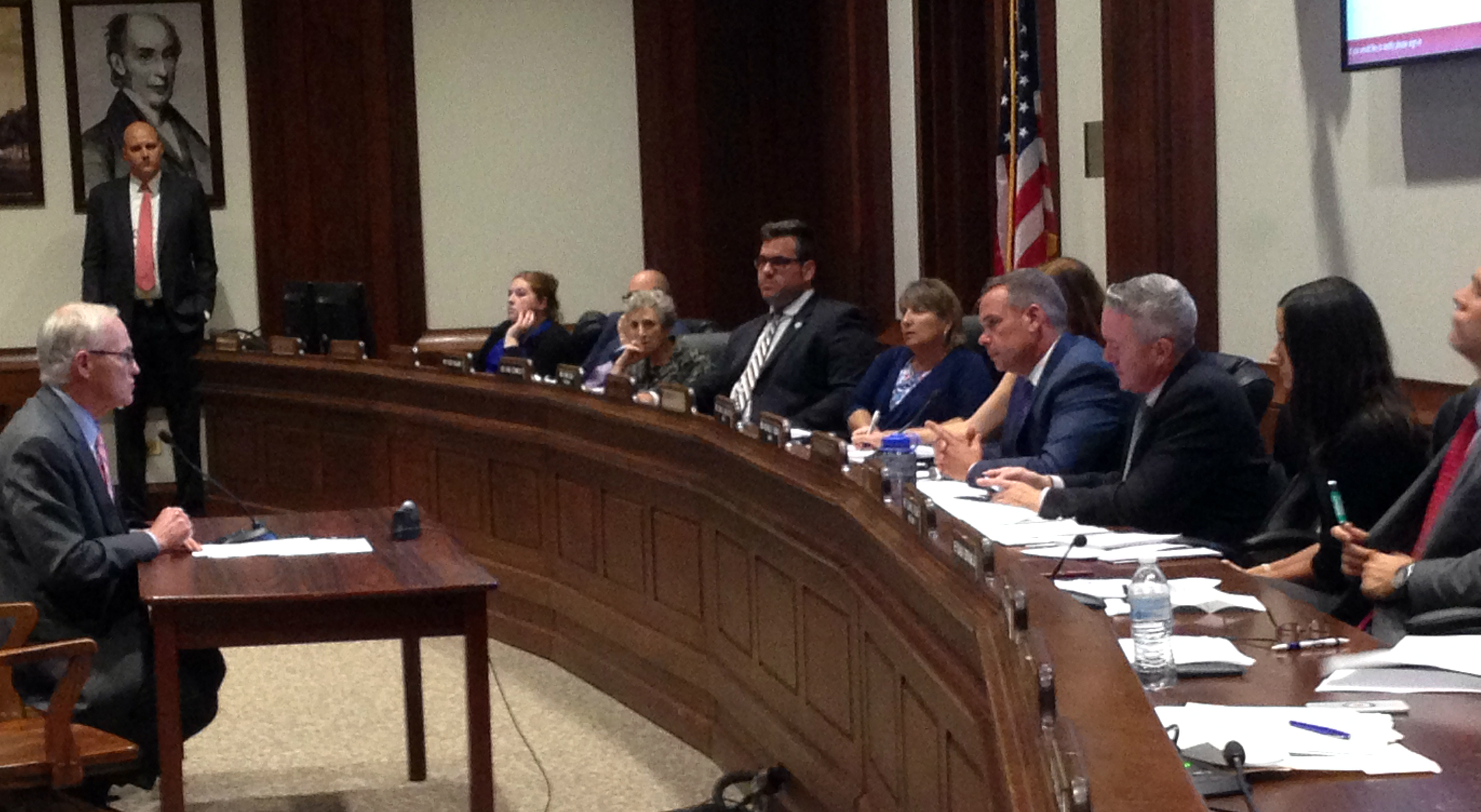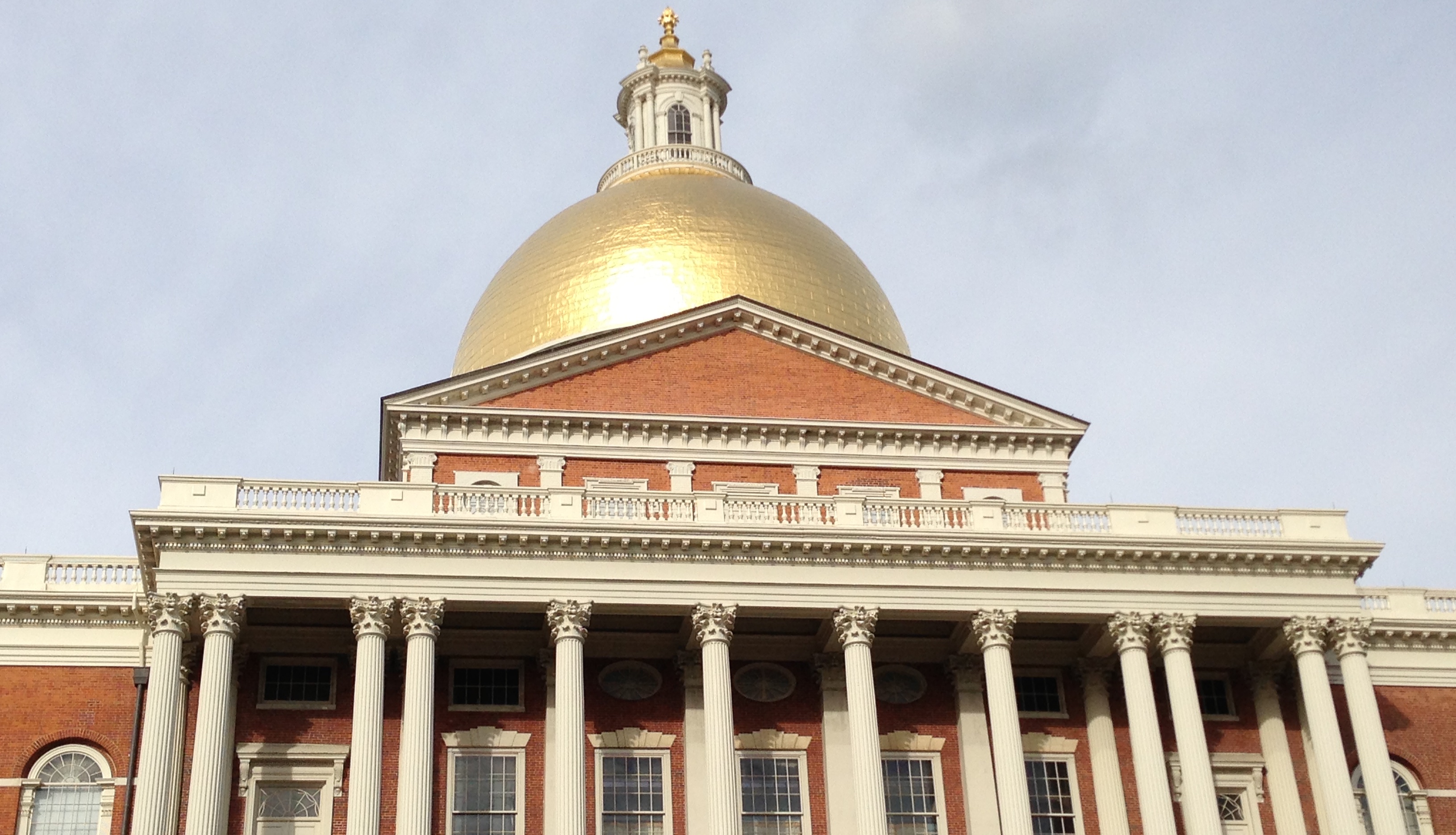Boston.com
“Getting to net zero is absolutely necessary, but it’s also a big lift,” state Sen. Mike Barrett, lead author and the chair of the Senate Utilities & Energy Committee, said in a statement. “This bill is all about the how of it, as in ‘Here’s how we are going to get there.’”
“We want this commission to be an independent guardian of the future, notably the future of younger generations, insulated from political pressure and consisting of the most authoritative and credible Massachusetts voices we can find,” Barrett said. “Job one for the commission is to tell us if we’re on track in bringing down emissions. Job two is to advise us on what to do next.
“The commission will give us objective information about the performance of both government and the private sector and will pay special attention to the impact on low-income and other disadvantaged communities,” he added. “If the commission works as intended, it will be a new voice, standing apart from politics as usual and committed to shedding light on a very hard problem.”
“We want this commission to be an independent guardian of the future, notably the future of younger generations, insulated from political pressure and consisting of the most authoritative and credible Massachusetts voices we can find,” Barrett said. “Job one for the commission is to tell us if we’re on track in bringing down emissions. Job two is to advise us on what to do next.”



